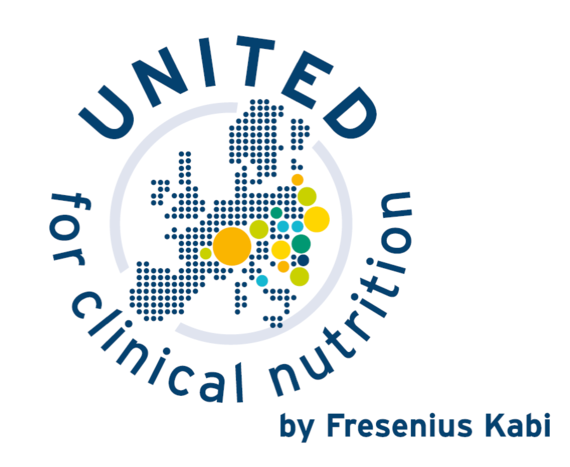To overcome hospital malnutrition in countries around the world, Fresenius Kabi established in 2014 the initiative ‘United for Clinical Nutrition’. The multinational initiative seeks to raise awareness for medical nutrition therapy as well as reduce the prevalence of hospital malnutrition through education, data collection, and clinical assessment in various geographical regions. In 2018 the commitment continued in Europe, with a special focus on critically ill patients and the impact of medical nutrition therapy on their clinical outcomes.
The EuroPN is one of the largest prospective multinational cohort studies which examined data from 1,172 critically ill patients who required intensive care for at least 5 consecutive days. There were 77 participating intensive care units (ICUs) in 11 European countries (Austria, Belgium, Czech Republic, France, Germany, Hungary, Italy, Poland, Spain, Sweden and the United Kingdom).1
The EuroPN Study examined the impact of early medical nutrition therapy on clinical outcomes in critical care. During intensive care, patients’ medical nutrition therapy was started on median day 2 after ICU admission and was progressively increased as recommended by the ESPEN ICU guidelines.1,2 Overall, 83% of patients’ ESPEN calorie targets and 65% of their ESPEN protein targets were met.1
The results of the study have shown that early medical nutrition therapy with moderate daily calorie and protein intakes* is associated with improved clinical outcomes in critically ill patients1 – we are delighted to invite you now to explore these results further here.
* 10-20 kcal/kg body weight per day, 0.8-1.2 g protein/kg body weight per day
REFERENCES:
- Matejovic, M, Huet, O, Dams, K, et al. Medical nutrition therapy and clinical outcomes in critically ill adults: a European multinational, prospective observational cohort study (EuroPN). Critical Care. 2022;26(143). https://doi.org/10.1186/s13054-022-03997-z
- Singer P, Blaser AR, Berger MM, et al. ESPEN guideline on clinical nutrition in the intensive care unit. Clinical Nutrition. 2019;38(1):48–79.

